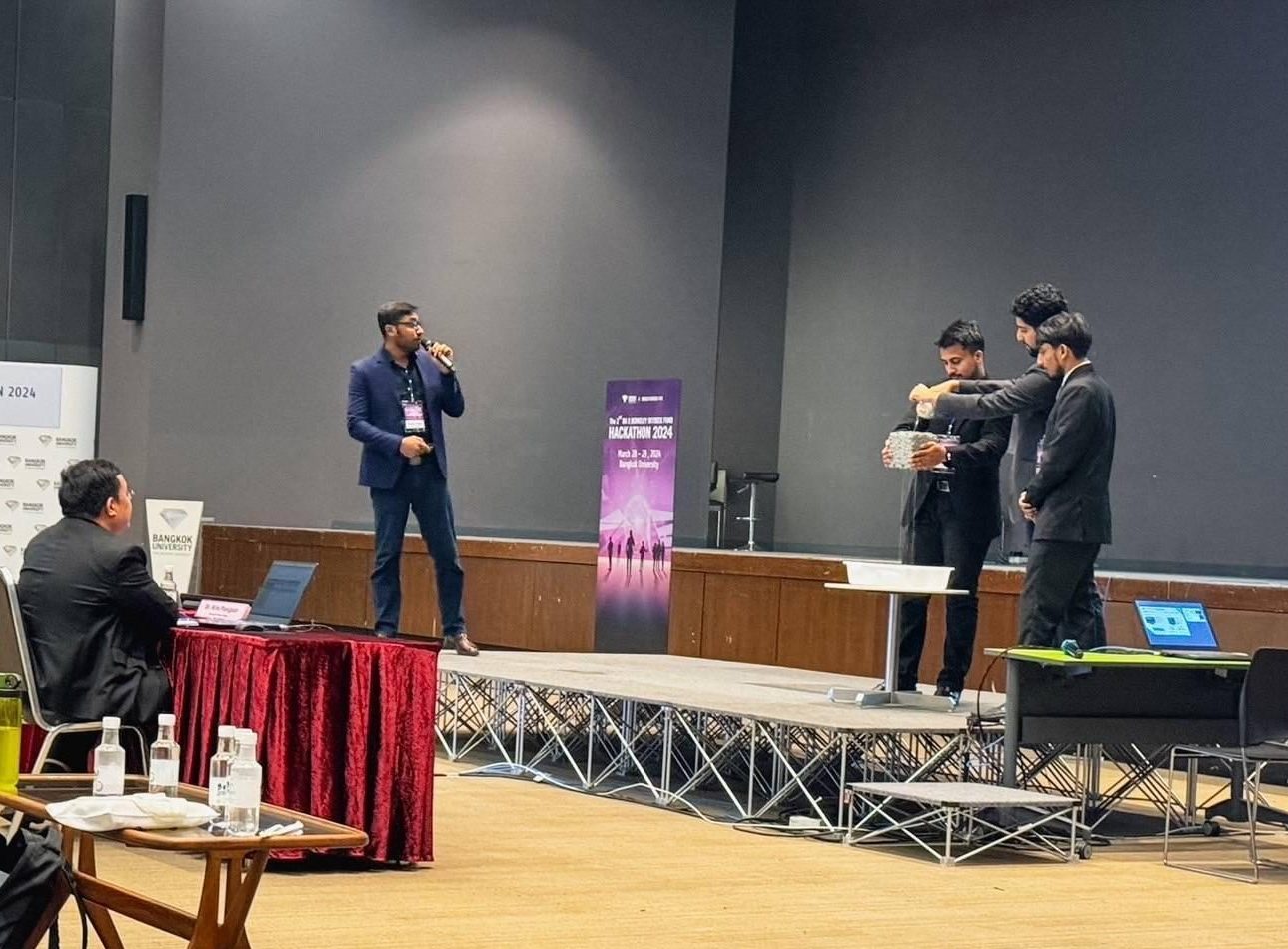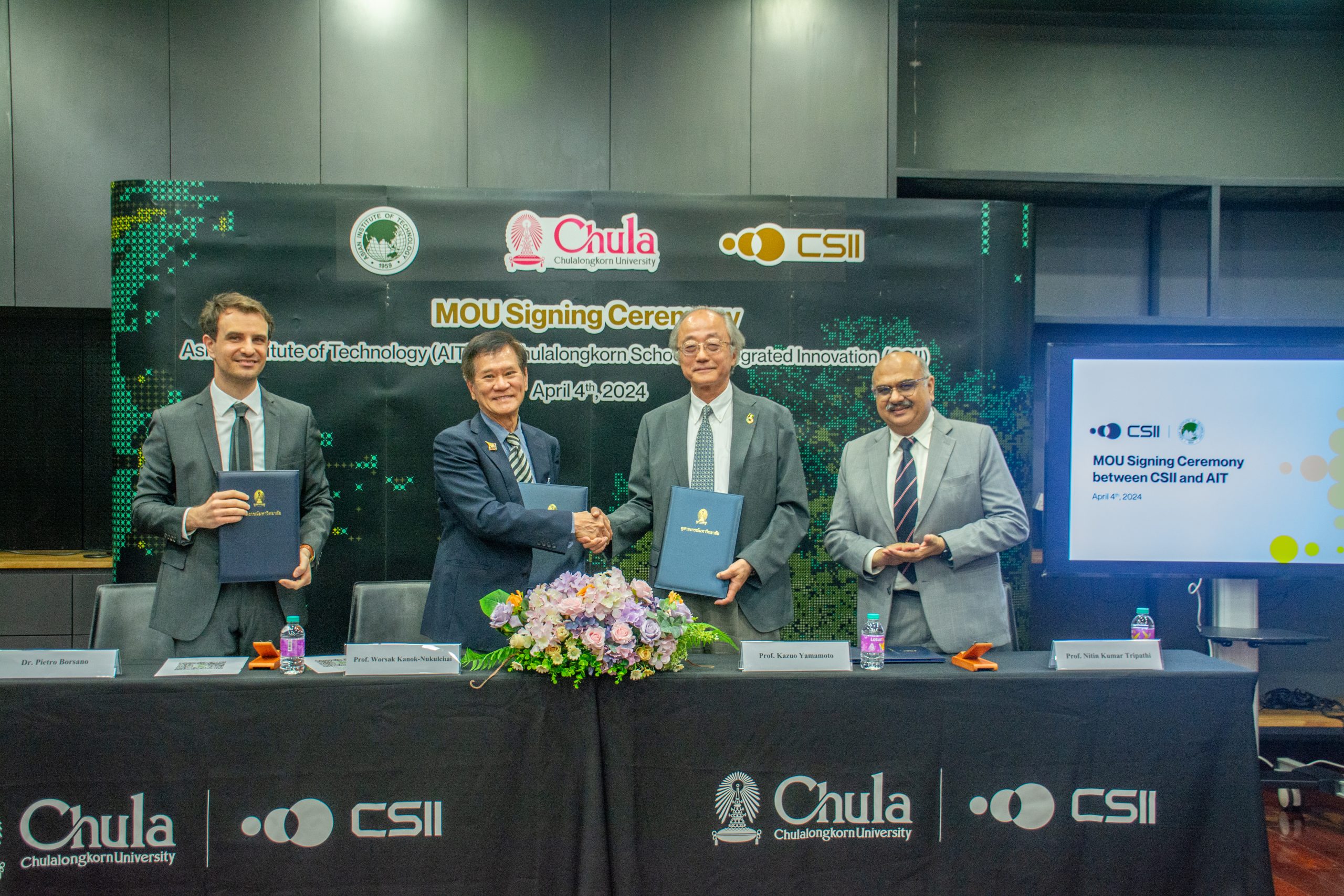Dr. Ramos-Horta was delivering a Keynote Speech on 1 July 2015 at the
Regional Forum on Climate Change being organized at the Asian Institute
of Technology (AIT). Dr. Ramos-Horta stressed the importance of new
partnerships since Overseas Development Assistance (ODA) have shrunk to
very modest levels, and even developed countries are facing serious
hardships.
“Loss and damage” has always been a controversial issue,and it has
been seen as a “compensation” tool for historic climate change by
developing countries, and opposed by developed countries. Controversial
or not, the fact is that countries have suffered loss and damage and
special consideration is required for those in need, he added.
While people of the developing world and particularly those of Small
Island Developing Countries are “blameless” for the barbaric damage
done to Planet Earth, yet, they are the most vulnerable to climate
change, Dr. Ramos-Horta said. He added that centuries of transboundary
environmental crimes that include dumping of nuclear, chemical and
industrial wastes in the seas, and overfishing by fleets from faraway
richer countries has led to depletion of fish stocks and impoverishment
of tens of millions of peoples whose livelihood depend on the seas.
The Nobel laureate also mentioned the devastating wars in Afghanistan,
Syria, Librya, Iraq, Mali, Democratic Republic of Congo, Central
African Republic, South Sudan, and Ukraine, stating that the
humanitarian crisis ensued from these conflicts have no parallel in
recent history. These events are setting back decades of positive
economic and social indicators in the affected Middle Eastern
countries, besides causing colossal environmental damage. Terming them
as “interrelated challenges,” Ramos-Horta said besides killing people
and destroying property, wars inflict a heavy toll on the environment
and set back efforts towards sustainable and equitable development,
which are the “sine qua non” conditions for peace.
Dr. Ramos-Horta also spoke of mitigation being at the heart of the
UNFCCC negotiations, and mentioned how an annual sum of US 100 billion
will be required for overall financing of climate change actions.
Gender issues, forestry, education, and raising awareness were the
other key aspects identified by the Nobel laureate in his keynote
speech.
“It is upto politicians to show statesmanship on a global scale, and
diplomats and politicians will be held responsible for any failure in
Paris,” Dr. Ramos-Horta said adding that “failure is not an
option.”








